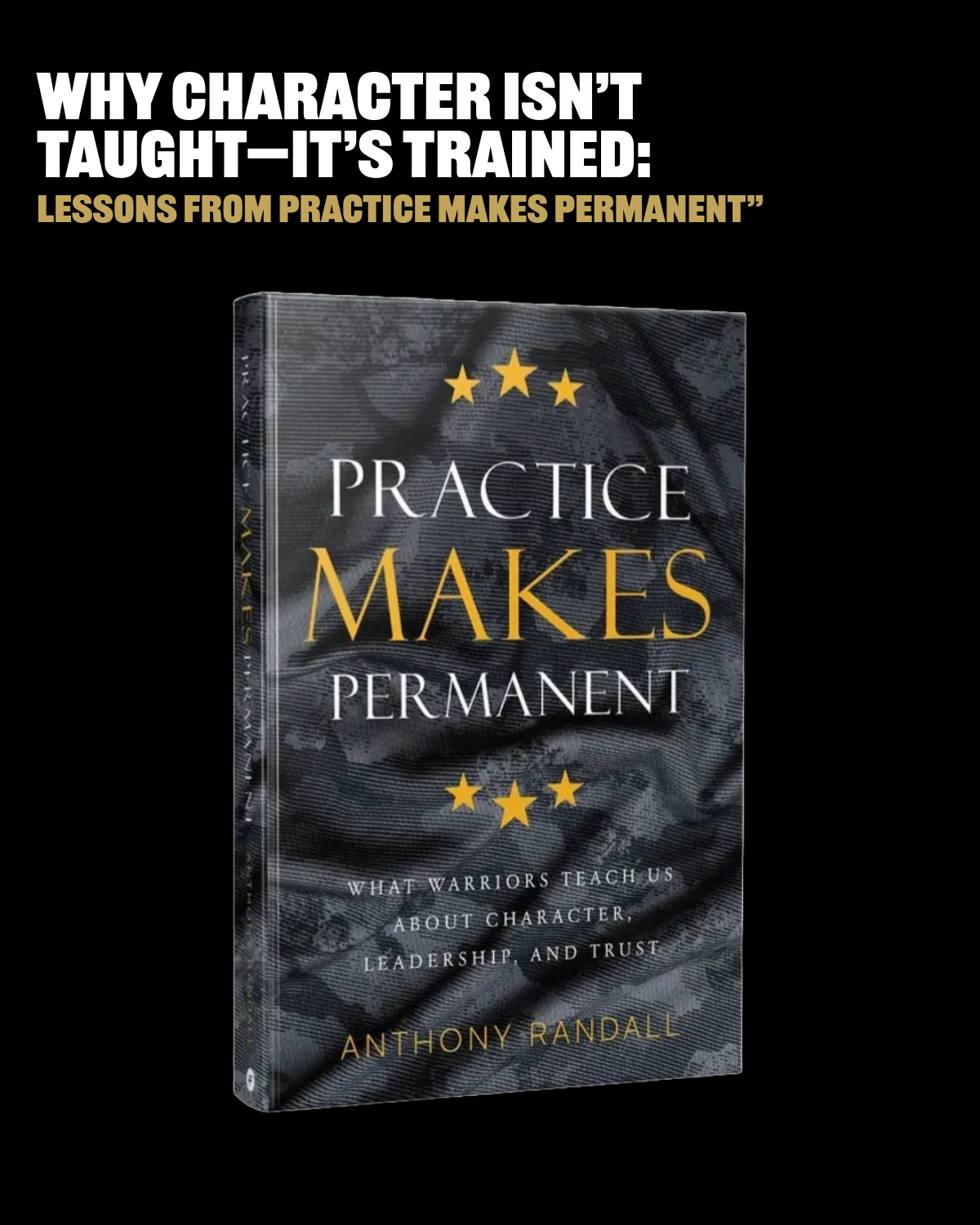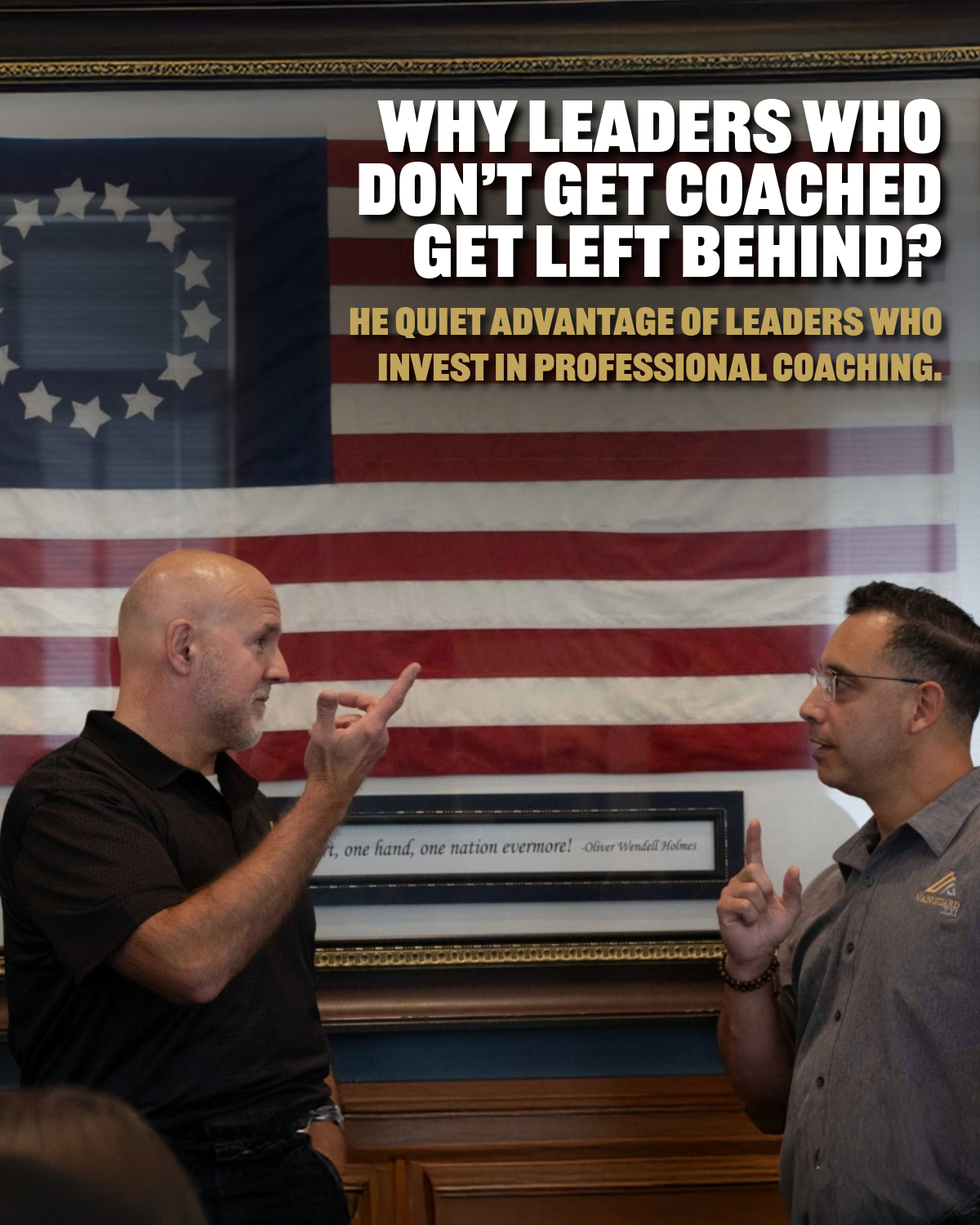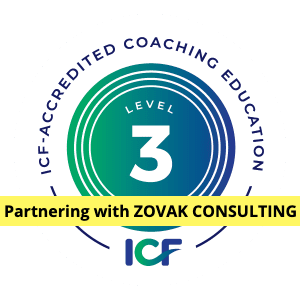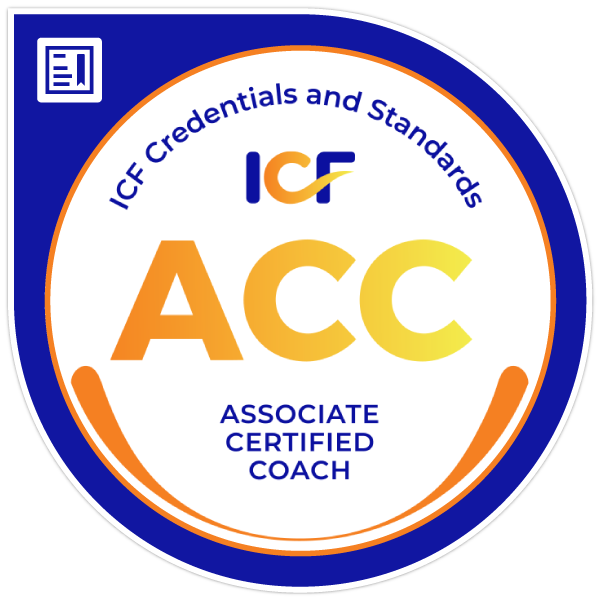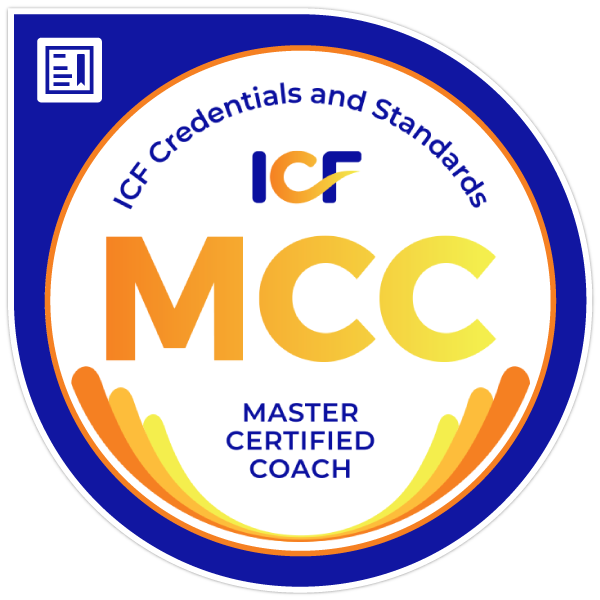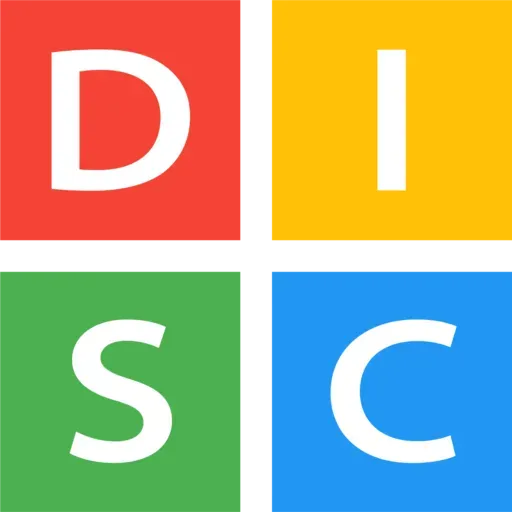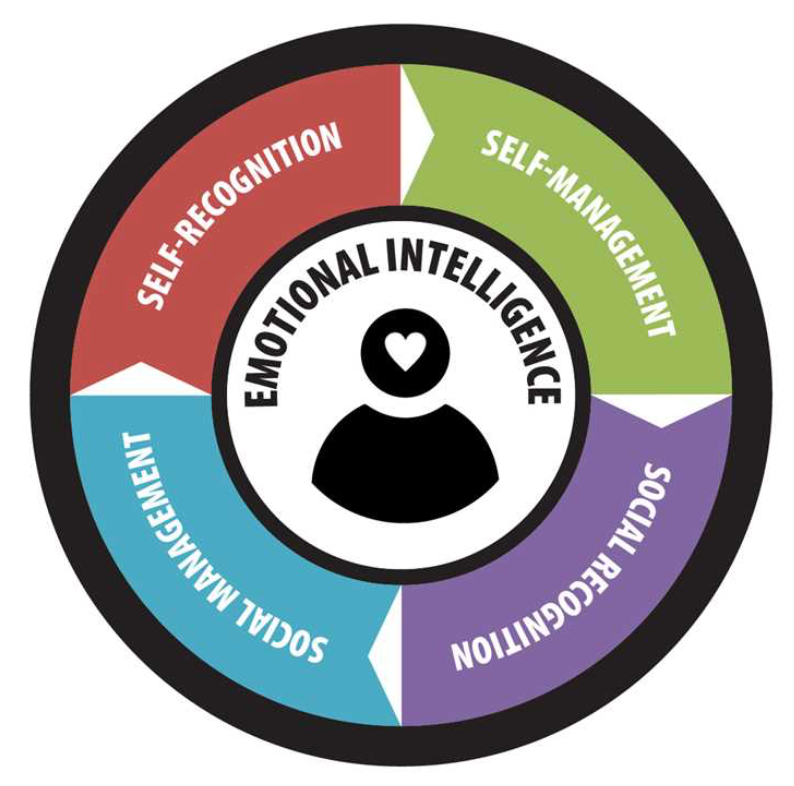You Know the Mission. But Do You Know Yourself?
Why Vanguard Starts With Identity in Leadership Coaching
In the military (and all professions for that matter), mission clarity is everything. Objectives are clear, roles are defined, and execution is precise. But when it comes to leading people—especially in today’s unpredictable environments—clarity of self becomes just as important as clarity of mission.
At Vanguard XXI, we’ve coached hundreds of leaders—both uniformed and civilian—and we’ve seen one truth rise again and again: leaders who understand who they are lead with more confidence, integrity, and impact.
That’s why we start leadership coaching training with one simple, profound focus: identity.
Why Identity Comes First
In the professional world, identity is often formed by title, role, and responsibility. But leadership is personal. It goes beyond position or rank. When the mission changes—or when you transition out —who are you then?
Leadership coaching that skips over identity misses the foundation. How can we expect someone to lead others if they haven’t had the space to explore what drives them, where they feel most alive, and how their past shapes their present and future?
When leaders reconnect with their core values, motivations, and even blind spots, everything changes:
- Communication becomes more authentic.
- Decision-making becomes clearer.
- Influence becomes stronger and more sustainable.
The Vanguard Way
At Vanguard XXI, we believe: “You lead best when you lead from who you are.”
That’s why our coaching curriculum begins not with strategy, but with self-awareness. We use identity-based tools and frameworks that help leaders answer questions like:
- What kind of leader am I becoming?
- What stories am I telling myself that no longer serve me?
- How do I show up when I’m at my best?
This work isn’t always easy—but it’s where transformation begins. And it’s what distinguishes those who manage the mission from those who multiply impact.
Know Yourself, Lead Better
Mission focus will always matter. But if leaders don’t pause to understand who they are beneath the mission, they risk burnout, disconnection, or ineffective influence.
The best leaders we’ve worked with know the mission—but they’ve also taken the time to know themselves deeply.
That’s where real leadership begins.
Want to experience Vanguard’s identity-first approach to leadership coaching?
Visit vanguardxxi.com or reach out to learn how we help civilians, military leaders, and veterans build coaching skills—and rediscover who they are in the process.
